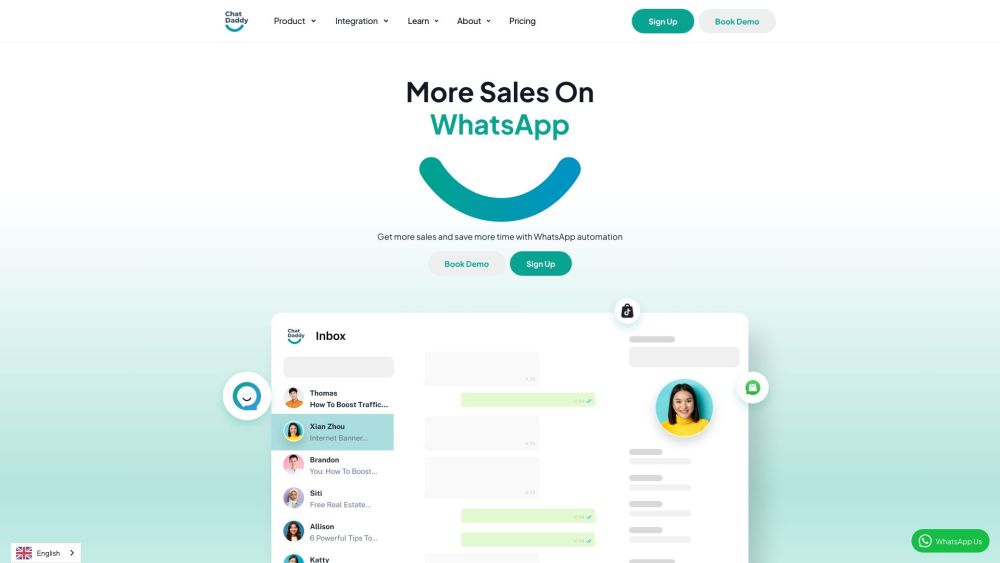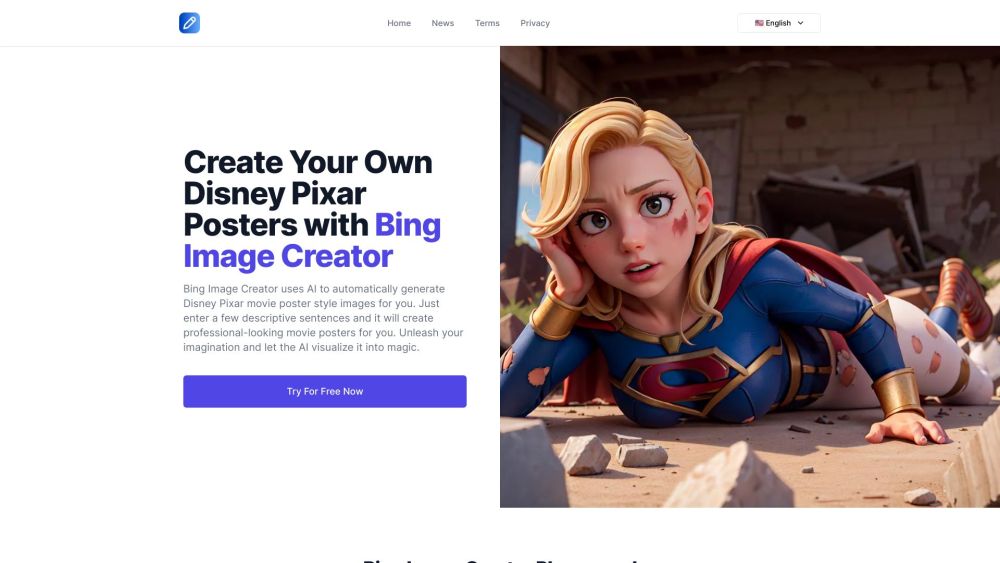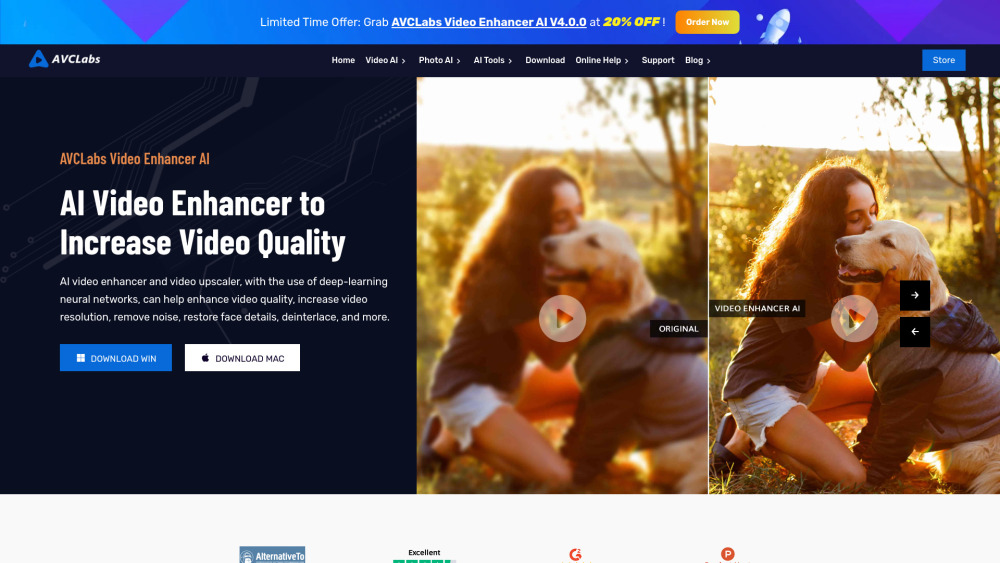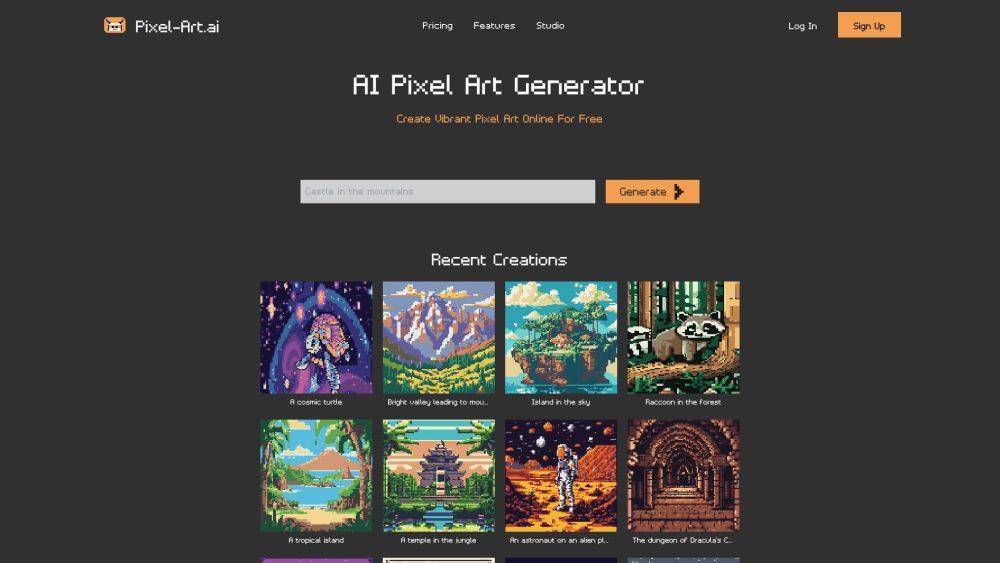AI may be the buzzword of the moment, but deploying it effectively remains a challenge. A 2023 S&P Global survey indicates that nearly 50% of companies with active AI initiatives are still in the pilot or proof-of-concept stages. The slow adoption is often attributed to obstacles in data management, security, and computing resources.
According to the survey, about half of the businesses polled are not prepared to implement AI and anticipate it could take five years or more to get ready. Fortunately, a growing number of products from both startups and established tech giants are designed to address these challenges. Companies like ML Hub, Kore.ai, and Viso are leading the charge. Among them is Pienso, a platform that enables users to build and deploy AI models without any coding skills.
Founded in 2016 by Birago Jones and Karthik Dinakar, Pienso emerged from their research at MIT, where they met as graduate students in the Media Lab. "We collaborated on a class project aimed at helping social media platforms moderate and flag bullying content," Jones, now the CEO of Pienso, shared in an interview. "The initial model worked, but it wasn't trained with the right data and struggled to identify harmful content that employed teenage slang."
Jones and Dinakar identified that involving subject-matter experts—specifically teenagers—was key to effectively training the model. They developed tools for this purpose, which eventually led to the commercialization of their concept: Pienso. Jones describes the platform as an AI suite designed for "non-technical talent," including researchers, marketers, and customer support teams who possess large datasets for training but lack the resources to structure and analyze them.
“The AI discourse has largely been dominated by large language models,” Jones noted. “However, no single model can fulfill all needs. To harness AI’s full potential in managing business processes and interfacing with customers, it's essential to train and fine-tune models. Pienso empowers domain experts, rather than just AI engineers, to accomplish this.”
Pienso streamlines the process of annotating and labeling training data, which is crucial for either open-source or custom AI models. The platform, compatible with cloud or on-premises deployment, seamlessly integrates with enterprise systems through APIs while also allowing for secure operations without APIs or third-party services.
One notable application includes Sky, the U.K. broadcaster, utilizing Pienso to analyze customer service calls, and an unnamed U.S. government agency testing it for tracking illegal weapons activity. “Pienso’s no-code interface enables teams to train models using their proprietary data,” Jones elaborated. “This approach alleviates privacy concerns and enhances accuracy, capturing the unique nuances of each organization.”
Pienso charges an annual license fee based on the number of deployed AI models, with costs increasing alongside the number of models. “We designed our pricing to allow customers to pilot models before committing to significant investments,” Jones explained. “This gives them the flexibility to experiment with new model development.”
This appealing business model has attracted investor interest, with Pienso recently securing $10 million in a Series A funding round led by Latimer Ventures and backed by Gideon Capital, SRI, Uncork, and Good Growth Capital. With a total of $17 million raised, Jones plans to use the funds to expand Pienso’s sales, marketing, and customer success teams, recruit engineering talent, and introduce new features.
Latimer Ventures’ Luke Cooper remarked, “The push to democratize AI is widely recognized, but Pienso distinguishes itself by emphasizing the role of domain experts. They empower those who best understand their data to extract meaningful insights, paving the way for smarter AI models tailored to specific applications.”




